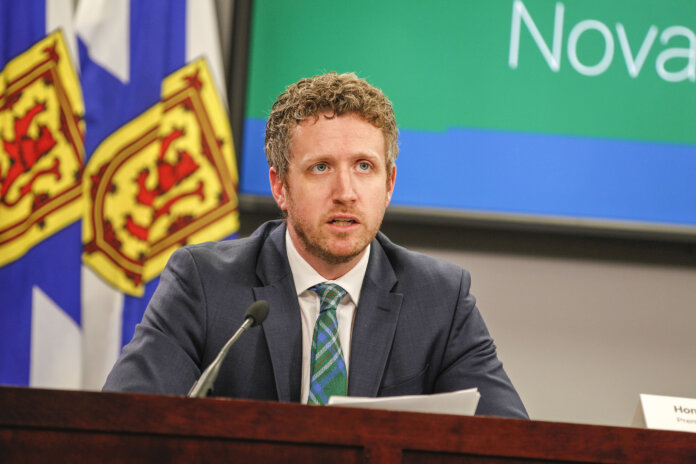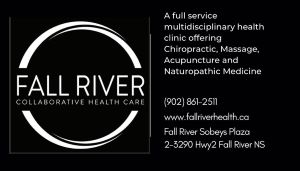HALIFAX: Nova Scotia Health Authority (NSHA), IWK Health Centre, and the Nova Scotia Council of Health Care Unions have a new collective agreement for health-care workers, the province and the unions representing health-care workers announced on July 14.
The three-year agreement provides economic increases of 1.5 per cent per year with an additional one per cent in the final year for all health-care workers. The agreement also includes other investments, such as a five per cent classification adjustment for care team assistants, who support the team in providing care to patients or long-term care residents. This will help the employer recruit and retain these professionals.
“This is a fair and balanced agreement that recognizes the hard work and commitment of our health-care workers in helping Nova Scotia through this pandemic while also being affordable for all Nova Scotians,” said Premier Iain Rankin.
“It will ensure stability in the delivery of health-care services for Nova Scotians and bring much-needed certainty as we emerge from this third wave of COVID and a year and a half of challenges and uncertainty.”
The term of the new agreement is from Nov. 1, 2020, to Oct. 31, 2023. The Health Care Council of Unions represents approximately 6,500 full-time equivalent positions including lab techs, pharmacists and other regulated health professionals employed by the NSHA and IWK.
According to a release from the NSGEU, 82 per cent of the members who voted cast their ballot to accept the agreement, which provides for reasonable wage increases in each of the three years it spans, as well as significant language improvements.
The contract is effective from November 1, 2020 to October 31, 2023.
Among other things, highlights of this agreement include:
- A 5.5% wage increase for all pay grades (1.5% effective Nov. 1st, 2020, 1.5% effective Nov. 1st, 2021, 1.5% effective Nov. 1st, 2022, and 1% effective the final day of the agreement, Oct. 31st, 2023);
- Additional wage increases for Care Team Assistants (CTAs), amounting to 2% on date of ratification and 3% on June 1st, 2022;
- Matching acute care paramedics’ rates of pay to those of IOUE retroactive to Nov. 1st, 2020;
- Creation of a joint Equity, Diversity, Inclusion and Reconciliation Committee, composed of equal representation from employers and the unions.
“These workers are dedicated to their jobs, and they have stepped up for Nova Scotians in a very big way throughout this pandemic,” said NSGEU President Jason MacLean, “We are pleased we were ultimately able to negotiate an agreement with their employers and government that begins to get them back on track to where they need to be: leading in Atlantic Canada.”
As part of the bargaining process, the unions conducted extensive wage analysis, comparing the wages of many health care occupations throughout the country. That analysis showed that wages for many of Nova Scotia’s health care workers have fallen below where they should be in comparison to other provinces. This is in large part due to seven years of austerity by the provincial government.
“The wage improvements in this new agreement are a positive step forward, particularly for Care Team Assistants, in recognizing the value of these frontline workers,” said Unifor Atlantic Regional Director Linda MacNeil. “This contract provides a solid foundation to build on to keep and attract healthcare workers to provide vital services to Nova Scotians.”
“Even though we realize there are still issues to bring forward in 2023, we were positive that the agreement reached on July 6 was definitely in the best interest of the members,” said Les Duff Acting President of Local 8920.
Quick Facts:
— economic increases to all pay grades are 1.5 per cent effective Nov. 1, 2020; 1.5 per cent effective Nov. 1, 2021; 1.5 per cent effective Nov. 1, 2022; and 1 per cent effective Oct. 31, 2023
— by the end of the third year, the cumulative cost of the economic increase is approximately $23 million annually

































